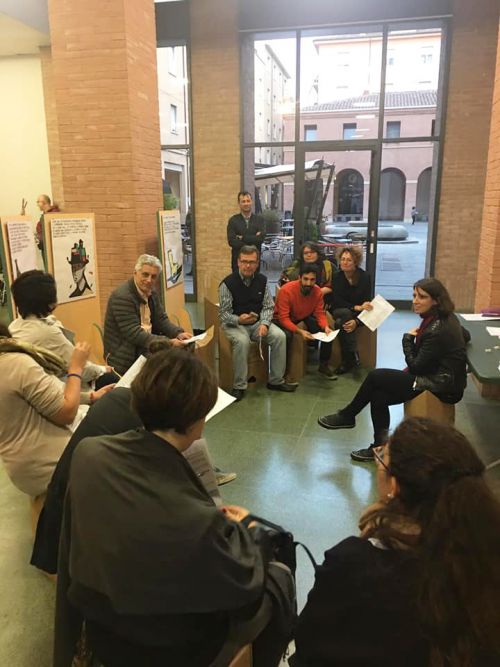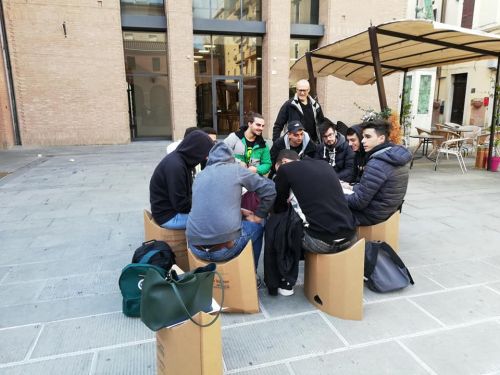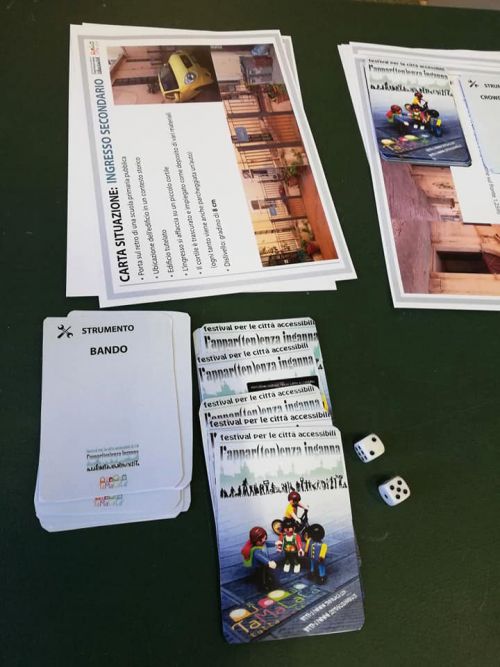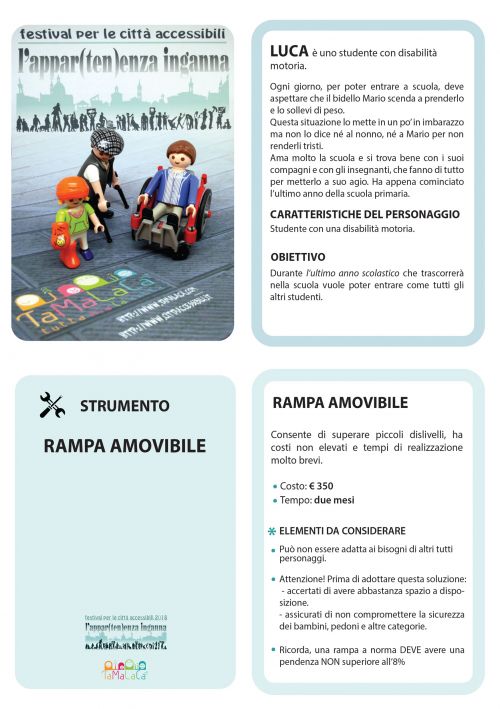(authos text and cateogries) |
(pictures) |
||
| Line 46: | Line 46: | ||
| Mechanics_Metagame = 1 | | Mechanics_Metagame = 1 | ||
|Mechanics_Alternative_reality=1|Aesthetics_Physical_activity_construction=0|Technology_Tools_Analoge_Tangibles=1|Technology_Tools_AR_VR=0|Technology_Tools_Audio_Visual=0|Technology_Tools_Data_AI=0|Technology_Tools_Data_Collection_Visualization=1|Technology_Tools_Digital_Interface=0|Technology_Tools_Mobile=0}}{{SPACE | |Mechanics_Alternative_reality=1|Aesthetics_Physical_activity_construction=0|Technology_Tools_Analoge_Tangibles=1|Technology_Tools_AR_VR=0|Technology_Tools_Audio_Visual=0|Technology_Tools_Data_AI=0|Technology_Tools_Data_Collection_Visualization=1|Technology_Tools_Digital_Interface=0|Technology_Tools_Mobile=0}}{{SPACE | ||
| Scope_Pre-defined = | | Scope_Pre-defined = 0 | ||
| Scope_Crowd = 0 | | Scope_Crowd = 0 | ||
| Scope_Small_group = | | Scope_Small_group = 1 | ||
| Scope_Individual = 0 | | Scope_Individual = 0 | ||
| Audience_Planning_expert = 1 | | Audience_Planning_expert = 1 | ||
| Line 76: | Line 76: | ||
[[File:LAI 1.jpeg|667x667px]] | |||
[[File:LAI 2.jpeg|500x500px]]<br />[[File:LAI 3.jpeg|667x667px]][[File:LAI 4.jpeg|709x709px]] | |||
<br /> | <br /> | ||
Revision as of 15:19, 27 October 2020
Author: |
Tamalacà srl + festival for accessible cities |
foligno, italy, 2018 | |
| https://tamalaca.com/progetti/lappartenenza-inganna/ | |
L’appar(ten)enza inganna is a playful and recreational experimental path designed to promote participatory planning debate on the topic of urban accessibility and universal design.
The game aims at facilitating a discussion oriented to design feasible, low-cost and replicable solutions to address problems related to the removal of urban obstacles and architectural barriers. The activity is structured as a role-playing game based on use of cards and inspired by Tactical Urbanism approach.
Each participant is assigned a character-card to be played which describes the character's needs and in some cases provides a time constraint to consider for the proposals development. The characters to be interpreted refer to the stakeholders who usually work in our cities with different roles and rules in the design of public space (e.g. architects, municipality technicians, administrators, inhabitants, Superintendence for Architectural Heritage and Landscape, etc.).
A set of tool-cards to be used for the development of the final solution is also assigned to every team. Each tool-card has a different cost and timing and in addition, some of them are given empty to invite participants identifying new possible unexplored tools. The game starts with the presentation of a typical and unsolved situation on the removing of architectural barriers due to the inability of the different parts involved to find a shared solution and with the assignment of a budget to each team.
At this point participants can start the discussion trying to find the best compromise and taking into account everyone characters points of view. The objective is to identify a fast, low cost and creative shared solution able to solve immediately the problem addressed and to satisfy the needs of every character.
The winner team is the one who finds a replicable and scalable solution that stays within the budget, meets the timing and satisfies the different parts in the most balanced way possible. L’appar(ten)enza inganna represents an innovative tool for supporting urban planning participatory process devoted to design more inclusive public spaces and cities through the promotion of constructive dialogue between different stakeholders normally involved in the design and planning of our cities.
L’appar(ten)enza inganna has been inspired by a real experience that showed and put on evidence how is difficult finding a shared design solution when different stakeholders are involved and how these processes lead often to solutions not exhaustive with respect to the needs of everyone.
- Test
- Purpose Activation
- Purpose Collaborating
- Purpose Raise awareness
- Purpose Simulate impact of decisions
- Purpose Decision making
- Purpose Designing
- Co-Creation Co-analysis
- Co-Creation Co-design
- Co-Creation Co-implementation
- Outcome Decision making
- Outcome Knowledge
- Outcome Design
- Outcome Inclusion
- Outcome Partnership
- Mechanics Alternative reality
- Mechanics Role play
- Mechanics Rule based play
- Mechanics Simulations
- Mechanics Hypothesis
- Mechanics Metagame
- Technology Tools Analoge Tangibles
- Technology Tools Data Collection Visualization
- Aesthetics Imagination
- Aesthetics Realism
- Scale Undefined
- Audience Community
- Audience Planning expert
- Audience Stakeholders
- Audience Policy Makers
- Scope Small group






